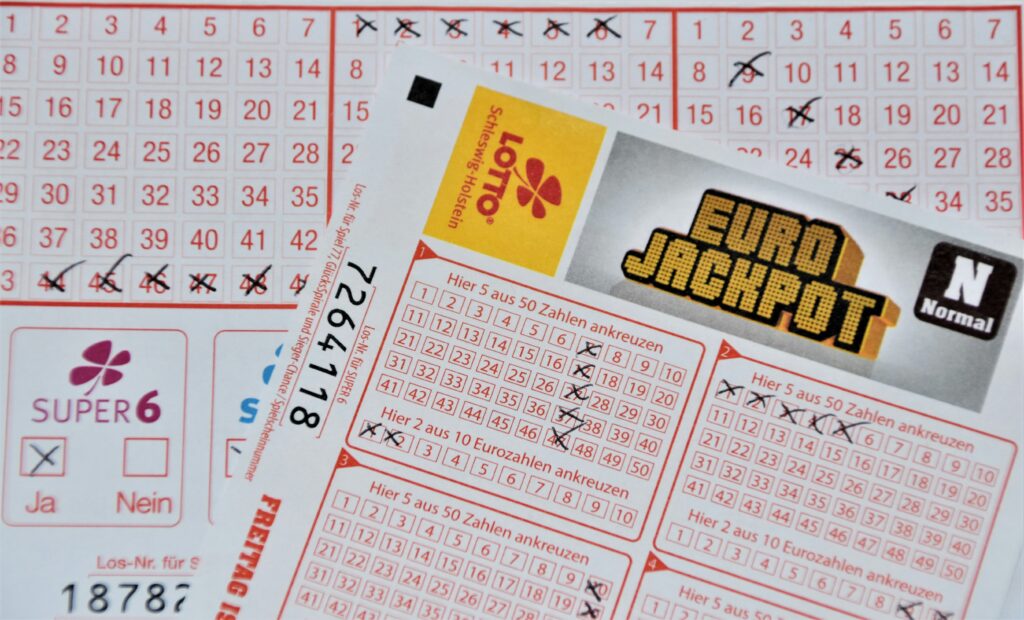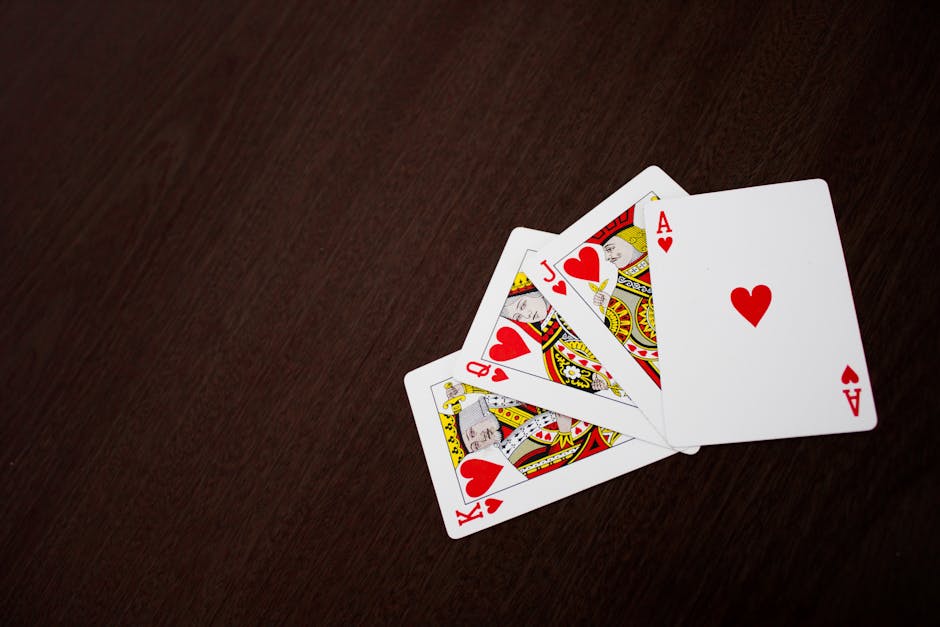Introduction: Luck vs. Logic
Winning the jackpot will always involve a large dose of luck—but that doesn’t mean your choices don’t matter. While lotteries are fundamentally games of chance, the way you approach number selection can influence your chances of avoiding shared prizes or falling into predictable traps.
How Much is Really Chance?
Let’s be clear: no system, strategy, or software can guarantee a jackpot win.
- Lottery numbers are drawn randomly within stringent controls
- Odds are designed to be difficult for any single ticket to win
- Most jackpots have millions-to-one probabilities
Still, there are ways to make smarter choices.
Why Your Method Still Matters
Even though you can’t control which numbers get drawn, the way you select yours can affect:
- Whether you share a winning pot with many others
- The uniqueness of your combination
- Your long-term approach and spending habits
Choosing random, less common numbers doesn’t increase your odds of winning—but it does minimize your chances of splitting a prize.
Blending Strategy with Chance
A thoughtful number-picking method is about creating a system that blends logic with consistency:
- Avoid overused patterns and repeated sequences
- Balance selection across high and low numbers
- Choose numbers that are statistically neutral over time
While you may not be able to beat the odds, you can play with a strategy that keeps your choices intentional and your expectations grounded.
Tip 1: Understand the Game Format
Before you start picking numbers, you need to know how the game actually works. Not all lotteries are built the same. A pick-6 game means you need to match six numbers, often from a pool of 49 or more. A pick-5 might have better odds but smaller jackpots. Then there are games with bonus balls—extra numbers drawn separately that can make or break your ticket. That single design twist changes your math completely.
Why does it matter? Because the structure affects both your odds and your number-picking approach. A larger number pool makes repeating patterns less likely and random spread more strategic. Bonus ball games? You might want to treat that ball as a wildcard and build your main set differently.
And always—always—read the fine print. The odds printed on the ticket aren’t just decoration. They’re a window into how painful or promising your chances really are. If the top prize odds are 1 in 292 million, you can stop chasing patterns and just focus on playing smart—and within your limits.
Tip 2: Skip Common Number Patterns
It’s tempting to go with numbers that “mean something”—a birthday, an anniversary, your kid’s age. But here’s the hard truth: these patterns don’t increase your chances of winning, and they definitely raise the odds of sharing the prize if you do. Most birthdates fall between 1 and 31, so you’re crowding your picks into the same tight number range as millions of others. Same goes for obvious sequences like 1–2–3–4–5. The odds of hitting that combo aren’t higher or lower than any other, but if it ever gets drawn, you won’t be alone at the winner’s table.
Then there are the so-called “lucky numbers”—7, 11, 21. These are picked constantly. And while hitting the jackpot on any of them is statistically just as likely as hitting with a random set like 37–44–19–2–30, the problem lies in popularity. Popular numbers mean more people holding the same ticket, and that means splitting your winnings into thinner slices.
If you’re serious about maximizing your payout, aim for number combinations that most people wouldn’t choose. Spread your selections across the full range of the game. Skipping sentimental or overly obvious picks won’t boost your luck—but it will give you a fighting chance to keep more if luck ever strikes.
Tip 3: Use Statistical Tools Wisely
When it comes to choosing jackpot numbers, some players rely on more than just instinct—they turn to statistics. While playing smarter doesn’t guarantee a win, understanding probabilities and patterns can sharpen your strategy.
Hot and Cold Numbers: Do They Matter?
Many lottery players track what are known as hot numbers (those drawn frequently in recent weeks) and cold numbers (those rarely drawn). The idea is either to ride the streak of a hot number or bet on the “due” return of a cold one.
- Hot numbers: Suggest a pattern, but remember, randomness doesn’t favor repetition.
- Cold numbers: May tempt players hoping for balance, but each draw is independent.
Bottom line: While interesting, this technique shouldn’t be your only strategy. Past draws don’t influence future results in truly random games.
What Frequency Analysis Actually Tells You
Frequency analysis examines how often certain numbers appear over a period of time. It’s more about collecting data than predicting outcomes. Used well, it can:
- Help inform number selections that are statistically neutral
- Offer insight into number combinations to avoid (commonly chosen or repeated combos)
But beware: frequent occurrences don’t imply higher chances. The lottery doesn’t reward patterns—it rewards luck.
Ditch Superstitions, Understand Probability
It’s tempting to lean on lucky numbers or numerology, but logic trumps myth.
Key principles to remember:
- Each number combination has equal chances, regardless of appearance history
- Probability doesn’t accumulate—every draw is a reset
- A statistically-informed pick doesn’t increase odds, but might help avoid common selections and increase uniqueness
Learn more: Dive deeper into how data might inform your strategy in How Statistical Analysis Can Improve Your Jackpot Odds.
Tip 4: Stick to a System—Then Stick With It
Random picks might feel exciting, but randomness rarely builds results over time. Jackpot games are already based on chance—injecting more chaos with inconsistent number choices just muddies your long game. Sticking to a system at least gives you a structure to measure, refine, and improve.
Wheeling systems let you play multiple combinations of a selected group of numbers, increasing your chances of hitting partial matches. Balanced combinations focus on mixing odd/even numbers, high/low ranges, and spread distribution to avoid clustered picks. Number pools—the practice of drawing from your own pre-set group—bring consistency without full repetition.
Systems don’t guarantee a win, but they do offer something randomness can’t: control. Over time, you can track which patterns work better for your play style, shift your pool based on trends or stats, and avoid falling into impulsive habits. Set your strategy, give it time to play out, and adjust with purpose. That’s how you move from guessing to playing smarter.
Tip 5: Manage Expectations and Your Bankroll
The jackpot glow can mess with your head. One big number and suddenly you’re buying scratch-offs like it’s your side hustle. Don’t. Winning is rare, and the odds don’t shift just because you feel lucky. Play smart—not emotional.
Give your lottery budget the same respect you’d give a gym schedule or grocery list. Set a monthly cap and stick to it. If you’re burning through more than you’d spend on a night out, it’s probably too much. Treat it like entertainment, not investment. You don’t want to chase losses or make wild bets because you “just have a feeling.”
A smarter way to play? Pool your entries. Trusted group pools—friends, family, coworkers—let you buy into more combinations without draining your wallet. Sure, you’ll split the win, but a piece of the pie is better than none. Just make sure it’s organized. Put terms in writing. No handshake deals.
Bottom line: lottery play should be intentional, contained, and shared when it makes sense. Anything else feeds the machine—and drains yours.
Final Thoughts: Play with Intention
Let’s be clear: lottery wins are mostly luck. There’s no magic algorithm or secret formula guaranteed to land you the jackpot. But that doesn’t mean your approach doesn’t matter. Playing with some structure beats pulling random numbers in a daze. Use logic. Learn the rules of the game you’re entering. Avoid obvious number traps. Know your limits.
What separates casual players from smart ones isn’t how often they win—it’s how well they understand the game they’re playing. Strategies like avoiding common number patterns, playing with a group, and staying consistent with a number system don’t tilt fate, but they do sharpen your odds at the margins.
Bottom line: don’t fall for myths or blame a losing streak on luck alone. Play with intention. Play with a plan. And always—and this is the part too many forget—enjoy the damn game.




